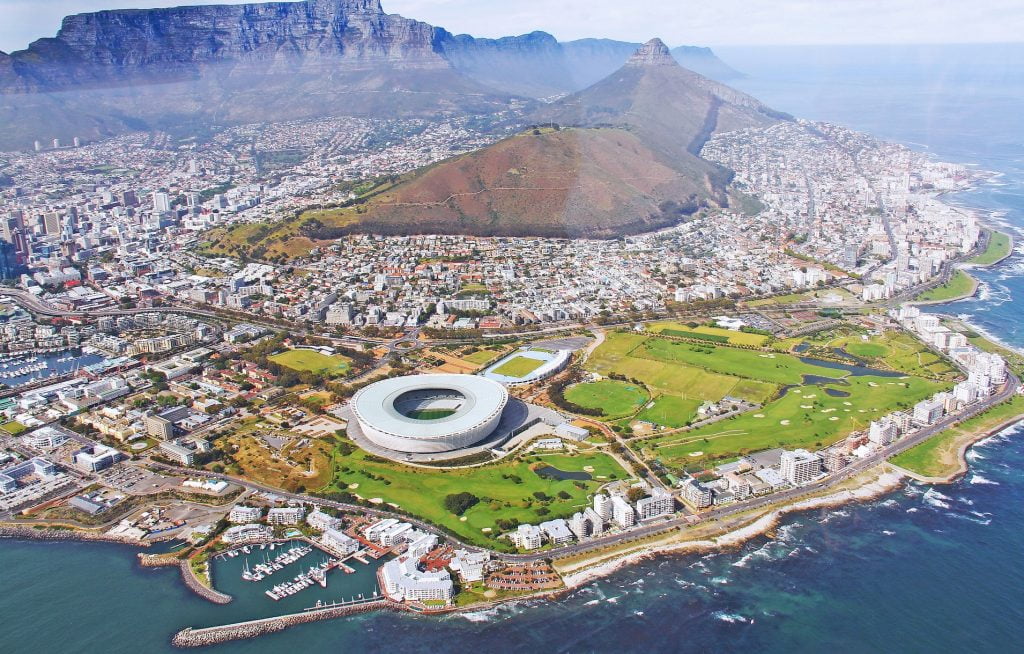This article was first published by The Times of Israel and is re-posted with permission.
Cape Town, South Africa, may soon be the world’s first major city to run out of water. On what the city has dubbed “Day Zero,” now slated for July 15, all homes and most businesses in the city of four million will be cut off from running water.
Despite longstanding animosity between Jerusalem and Pretoria, the ruling ANC party is open to help from the Jewish state, said Israeli researcher Dr. Clive Lipchin, who attended a water symposium in Johannesburg last month.
“Everyone is open to hearing solutions from whatever country it comes from,” said Lipchin, the director of the Center for Transboundary Water Management, Arava Institute, and lecturer in environment and conflict management at Tel Aviv University. “I was invited as an Israeli to sit at a panel. ANC government officials who addressed me from the audience said they were happy to look at Israel as a model,” Lipchin said.

Drop of Water. Drip Irrigation. Photo by Joby Elliott, IDE
Efforts to conserve water and stave off the apocalyptic-sounding Day Zero are having some success, pushing back the expected date from April to mid-July, but there is a consensus that it is close to unavoidable, Lipchin said. Today, restaurants are using disposable plates and utensils, hotels are removing bath plugs from their rooms and filling their pools with seawater, and residents are recycling shower water to flush their toilets and using sanitizer to wash their hands instead of the sink. Several South African pop artists have released a playlist of two-minute songs for residents to time their showers and the city released an online calculator for residents to estimate their daily usage.
SEE ALSO: Desalination Nation: How Israel Is Helping The World Fight Water Shortage
When the day comes, Capetonians will have to wait at one of roughly 200 collection points around the city to receive their daily ration of 25 liters, or 6.5 gallons, of water per day. For comparison, the average American family uses about 300 gallons per day. Each collection point would service roughly 20,000 people daily, and it is unclear how security forces will maintain order and safety.
A perfect storm of drought, population growth and poor planning caused the crisis, said Lipchin, who grew up in South Africa. The area is in the midst of a three-year drought, likely influenced by climate change, and the population has nearly doubled in the last 10 years, further stressing the water supply. The city was also overly reliant on reservoirs fed by rainwater, instead of using aquifers or desalination, which made it vulnerable to drought.
To read the full article, click here
Related posts

Editors’ & Readers’ Choice: 10 Favorite NoCamels Articles

Forward Facing: What Does The Future Hold For Israeli High-Tech?

Impact Innovation: Israeli Startups That Could Shape Our Future




Facebook comments